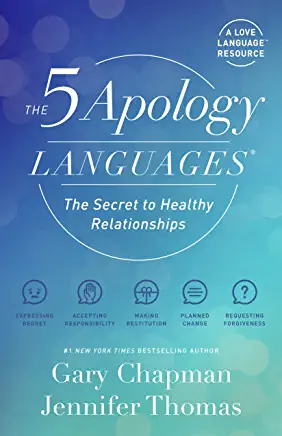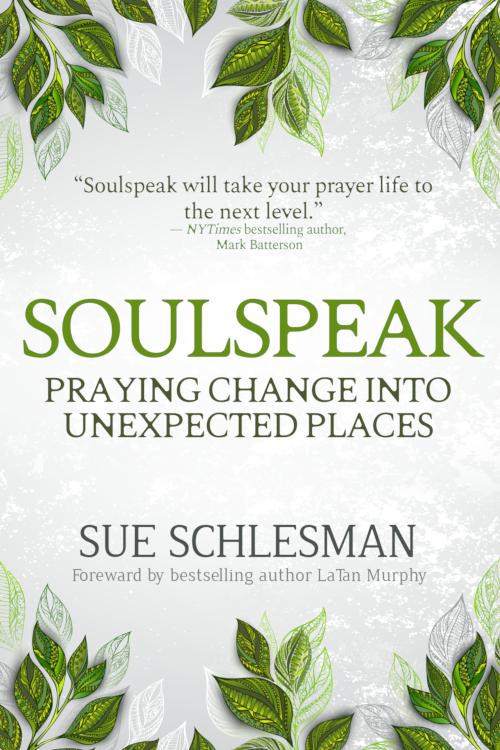How to apologize & forgive

When you’re a kid, forgiveness is most likely a daily, mandatory action.
A sibling is mean to you, and your mom makes them apologize, and you have to forgive them. Or you’re the mean sibling, and you have to apologize and ask for forgiveness.
Maybe you got away with mumbling “Sorry,” and you held a grudge until that terrible sibling offered you a cookie or made you laugh. Or you just got tired of being mad. Or you’re still mad because nothing escapes your wrath (and you and your sibling are not close).
Forgiveness is an art.
It must be practiced, valued, and recognized. It’s intentional. It’s raw and honest. It’s too hard and too rare to be anything else.
art–noun 4. a skill at doing a specified thing, typically one acquired through practice; ie. “the art of conversation”
My husband and I just taught a Parenting Seminar on Saturday (click here for free apology material), and we had so much to say that we never got to the apology/forgiveness slide. Good apologies are SO CRITICAL for family harmony and fun.
We didn’t have a lot of drama in the house when the kids were growing up. I always attributed it to having boys instead of girls. Honestly, I think it was also in part because we made our kids apologize and forgive one another after every single offense. And we often had to apologize to them for our terrible attitudes and actions.
So we did not permit grudge-holding. We did not allow name-calling. We acknowledged our flaws and didn’t use them against one another. We required affection. (It’s hard for kids to stay mad at each other when you hold them in a sibling sandwich hug.)
We all behaved that way on our good days. On our bad days, we criticized, belittled, yelled, judged, and pouted. We are human, after all. Not proud of it. Just being honest.
But do you hear what I’m saying? Forgiveness frees everyone in the family (or workplace).
how to forgive and make it stick (this is the ARTISTRY):
- Call the offense what it really was (whether you are the offender or the offended). You didn’t accidentally have a tone or hurt their feelings. You did that on purpose. You were mad, irritated, whatever. Just say it. Own your ugliness. Otherwise, you’re just a liar, and nobody trusts a liar. And you’ll hurt yourself the most because you’ll create your own reality that you have to stay in: everyone else is wrong, and you are right. So not true.
- Ask them to forgive you. (If they ask, forgive them.) Forgiveness can be one-sided and still work. I can forgive someone who insults me, even if he/she doesn’t admit the insult. In this case, I release my bitterness; I might not trust this person or be close to them until they feel sorry for what they did to me, but at least I’m not holding on to it. (When you hold grudges, they grow!) Spiritual step–don’t forget to confess to God and ask His forgiveness. All the bad things we do are a direct affront to His nature. When you insult someone, you insult someone God loves.
- Forgive them/forgive yourself. This is where you stop the negative spiral that’s about to take over your cognitive function. Give grace. Accept grace. This is our spiritual right, calling, and blessing. Grace is how we live in freedom. Nobody’s perfect but God. That’s not an excuse for sin, but it is the reason for grace.
- Make it right. We’re all about restitution if somebody steals something, but nobody thinks about how to take back cruel words or spiteful actions. You can’t take back shaming someone on SnapChat. It’s done. You can’t reel back an accusation or verbal take-down. It’s done. But you can ask the person how to make it right. You can own your offense and work to restore trust with kindness. Even if the offended person never trusts you again (which can happen!), you have done the work to improve yourself. It’s still a win for your character.
I’m not making this up. Here’s what John the Apostle said in 1 John 1:8-10—
“If we claim to be without sin, we deceive ourselves and the truth is not in us. If we confess our sins, he is faithful and just and will forgive us our sins and purify us from all unrighteousness. If we claim we have not sinned, we make him out to be a liar and his word is not in us.”
FYI: If more Christians lived by this admonishment, we’d all get along, and nobody could call us hypocrites.
a challenge for this week:
Think of a person(s) who really ticks you off, and forgive them. No strings attached.
- assume the best of that person
- give the grace you’d want someone to give you
- reach out if you can
- stop obsessing about it
- pray for that person (it’s really hard to pray for someone you hate, so this is a good exercise)
- do something kind for this person (not a bribe–an act of kindness)
some resources to help with this art of forgiveness:
Prayers:
Books:
Click here to buy a book about apologies that you absolutely MUST READ. It will help you apologize better, of course, but it will also help you understand why certain people irritate you beyond all reasonable response. Why you hold grudges. Why you’re judgmental and mean-spirited. Or at least why other people are. This book will revolutionize your home, your workplace, and your spiraling inner self. At it’s written by the love language guy, Gary Chapman. Winner, winner, chicken dinner.
I also talk about forgiveness in my book (prayers of confession) in Chapters 5 & 6.
The Languages of Apology are
- expressing regret
- accepting responsibility
- making restitution
- genuinely repenting
- requesting forgiveness
And these languages (the way that people understand and communicate emotions) were coined by psychologists. Of course, they coincide with the instructions in 1 John 1:8-10 because all truth is God’s truth. He created all of it. If you read the book, you can find out which language you understand best. I expect your epiphany will explain many of your complicated relationships: why you hold grudges, why you feel slighted by others, why you think people owe you apologies, why you think you’ve apologized but they’re still resentful.
You may discover that the people who annoy you the most are just speaking another apology language.
Enjoy the freedom that apologies give you!



